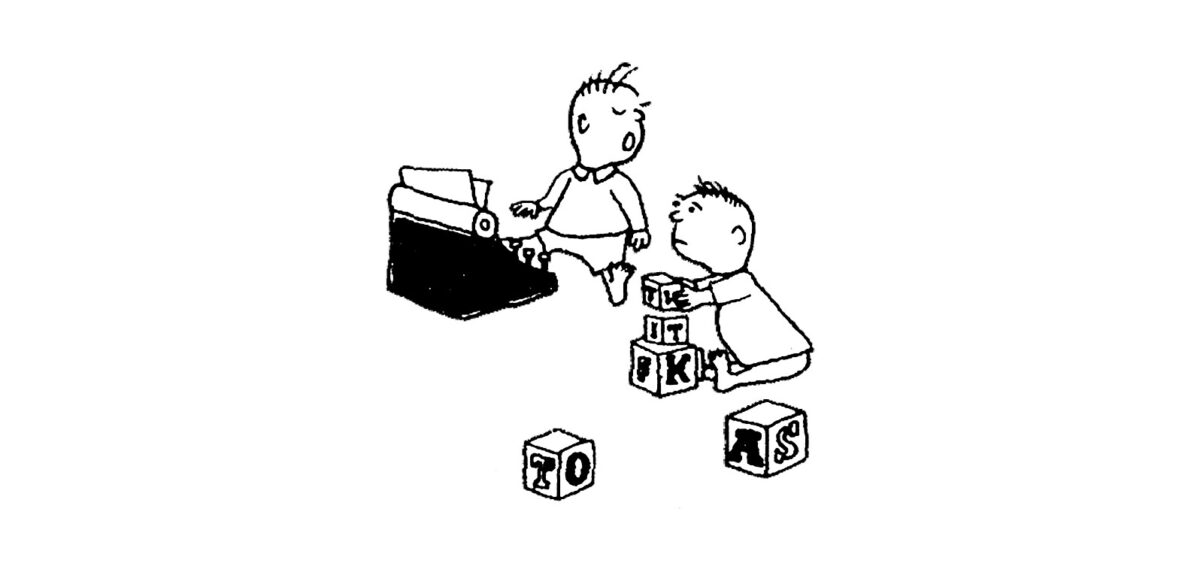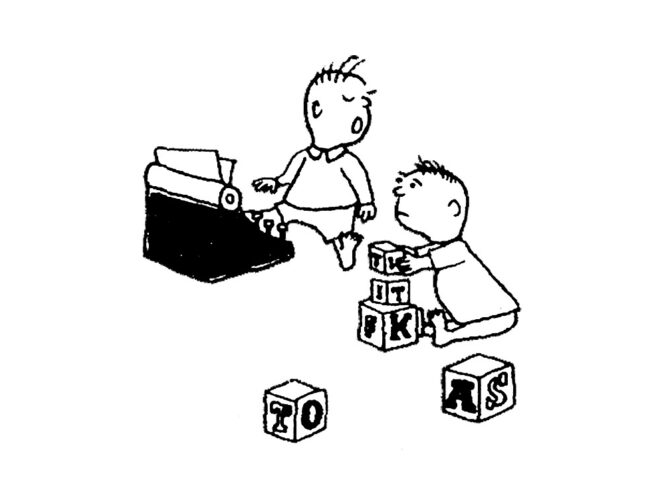
The culture we live in has almost completely rejected one of the basic rituals of humanity: the transition from childhood to adulthood. Is it a good thing to be suspended between child and adult?
I’m assuming that no-one who reads this had to spend years of their childhood alone in a forest or in the mountains, shaking with cold, hunger and fear of wild animals and demons. Mutilation probably didn’t feature either. In our world, ‘entering adulthood’ is a gentle process – imperceptible, even.
Initiation-less
Cultural studies researchers have often commented that one of the things differentiating contemporary Western culture from others is the lack of initiation rituals for reaching maturity. Even if elements of these rituals remain, they are rudimentary and do not generally play any significant role. This is indeed striking, because such ceremonies have been recorded virtually everywhere ethnographers have ever visited; historians have also provided rich material on this subject. This issue is certainly worthy of attention since it entails, as many have claimed, important psychological consequences.
Initiation is a rite of passage – in terms of anthropological understanding, an act accompanying the transition from one social or cosmic state to another. According to Romanian scholar Mircea Eliade, on the archaic world level, the initiation ritual functions primarily to introduce a novice to the world of tribe culture and mythology; on the one hand, the symbolic end of childhood and irresponsibility, and on the other, access to sacred knowledge and full existence.
Some historians explain the un








